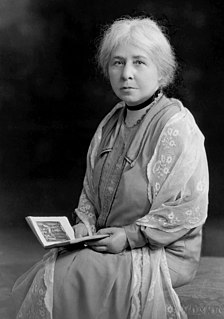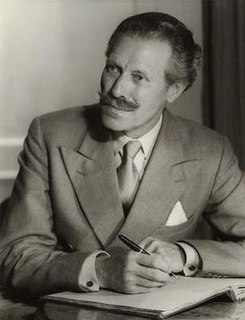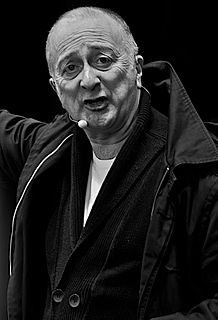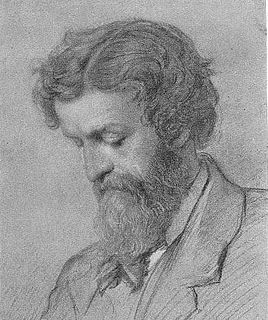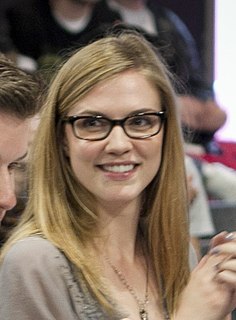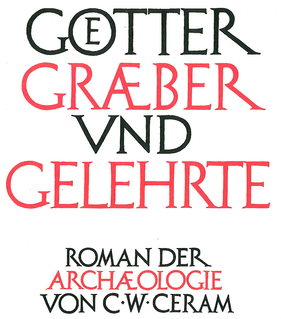A Quote by Margaret Murray
Archaeology is the study of humanity itself, and unless that attitude towards the subject is kept in mind archaeology will be overwhelmed by impossible theories or a welter of flint chips.
Related Quotes
Archaeology in general is the recovery and study of the material culture of past civilizations. Biblical archaeology is as an application of the science of archaeology to the field of biblical studies. Through the comparison and integration of Scripture with the evidence of history and culture derived from archaeology, new insights into the biblical context of people and events, and sometimes the interpretation of the text itself, are possible. In this way archaeology serves as a necessary tool for biblical exegesis and for apologetic concerns.
Archaeological evidence provides significant help in interpreting the Gospels. In a sense, archaeology is an exegetical tool. To ignore the evidence of archaeology would be almost as irresponsible as making no appeal to the original text. The archaeological evidence is a vital component in the context of Scripture.
There must be a rule of thumb in pop-culture archaeology that states that the allure of any topic is inversely related to its assigned importance in the affairs of humanity. The more trivial the subject, the dearer it is to most of its partisans and the more worthy of scholarship. The smallest things in life often mean the most to people.
Indiana Jones: Archaeology is the search for fact... not truth. If it's truth you're looking for, Dr. Tyree's philosophy class is right down the hall. ... So forget any ideas you've got about lost cities, exotic travel, and digging up the world. We do not follow maps to buried treasure, and "X" never, ever marks the spot. Seventy percent of all archaeology is done in the library. Research. Reading.
Archaeology, I found, comprehended all manner of excitement and achievement. Adventure is coupled with bookish toil. Romantic excursions go hand in hand with scholarly self-discipline and moderation. Explorations among the ruins of the remote past have carried curious men all over the face of the earth… Yet in truth, no science is more adventurous than archaeology, if adventure is thought of as a mixture of spirit and deed.
The Bible is an ancient text from an ancient context. We live thousands of miles and thousands of years away from that context, which also represents different cultures. Archaeology is a modern means of revealing both the lost record of the ancient world, and the historical and social world of the Bible. While the purpose of archaeology is not to prove the historicity of the people and events recorded in Scripture, it can help immeasurably to confirm the historical reality and accuracy of the Bible and to demonstrate that faith has a factual foundation.
One of the things that I love to do is travel around the world and look at archaeological sites. Because archaeology gives us an opportunity to study past civilizations, and see where they succeeded and where they failed. Use science to, you know, work backwards and say, 'Well, really, what were they thinking?'
